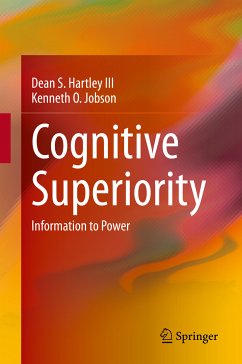The book describes the adversarial environment and how it interacts with the ongoing, accelerating change that we are experiencing, irrespective of adversaries. It talks about the ascendant power of information access, pervasive surveillance, personalized persuasion, and emerging new forms of cognition. It profiles salient technologies and science, including persuasion science, artificial intelligence and machine learning (AI/ML), surveillance technologies, complex adaptive systems, network science, directed human modification, and biosecurity. Readers will learn about human and machine cognition, what makes it tick, and why and how we and our technologies are vulnerable.
Following in the tradition of Sun-Tsu and von Clausewitz, this book writes a new chapter in the study of warfare and strategy. It is written for those who lead, aspire to leadership, and those who teach or persuade, especially in the fields of political science, military science, computer science, and business.
Dieser Download kann aus rechtlichen Gründen nur mit Rechnungsadresse in A, B, BG, CY, CZ, D, DK, EW, E, FIN, F, GR, HR, H, IRL, I, LT, L, LR, M, NL, PL, P, R, S, SLO, SK ausgeliefert werden.









